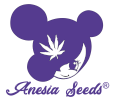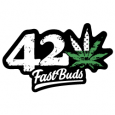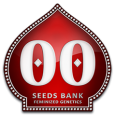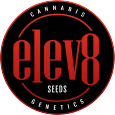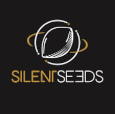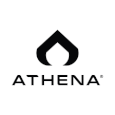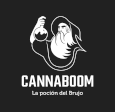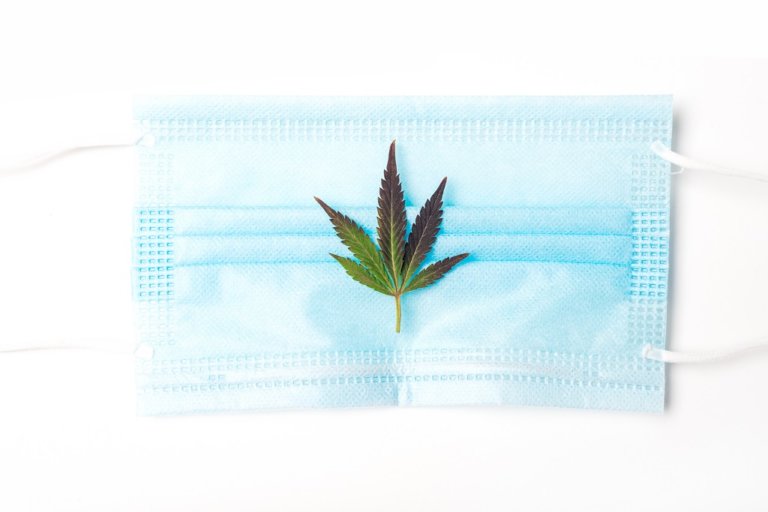The first clinic to treat depression with ketamine opens in Barcelona
List of contents
Ketamine has been available since the 1970s as an anesthetic considered "dissociative" due to its hallucinogenic effects, which, moreover, have helped to make this substance a drug associated with recreational contexts related to rave culture.
Currently, in both the U.S. and Europe, ketamine is the only psychedelic substance that has been approved by the relevant drug agencies (FDA, EMEA, AEMPS) for use in mental health treatment, though psilocybin was recently legalized for therapy in Oregon. It is legal for physicians to administer ketamine, while some other psychedelics receiving renewed attention in mental health, such as LSD or MDMA, are still classified as having no medical utility and posing a high risk of abuse.
In the United States there are already hundreds of clinics that legally administer ketamine to treat severe depression, but on the Continent its use is still in its early stages. Thus, it is great news that the first clinic in Barcelona has opened its doors focused on ketamine-assisted therapy to treat depression that cannot be cured with the usual treatments.
The Clínica Synaptica is a pioneer in Catalonia forming part of a recent boom in such clinics, which seek to exploit the benefits of psychedelics in the field of mental health, treating problems ranging from depression to post-traumatic stress disorder, or simply to improve people’s quality of life.
Ketamine and depression
Depression is among the leading causes of disability. According to the National Health Survey, in 2020 there were 2.1 million people in our country suffering from a depressive condition. This figure increased by 25% to 30% in the previous year due to the coronavirus, according to the first study to assess the impact of the pandemic on mental health on a global scale. Globally, there were 246 million cases of depression in 2020, 28% more than the 193 million cases that would have occurred in the absence of the pandemic, according to a study published in the medical journal The Lancet.
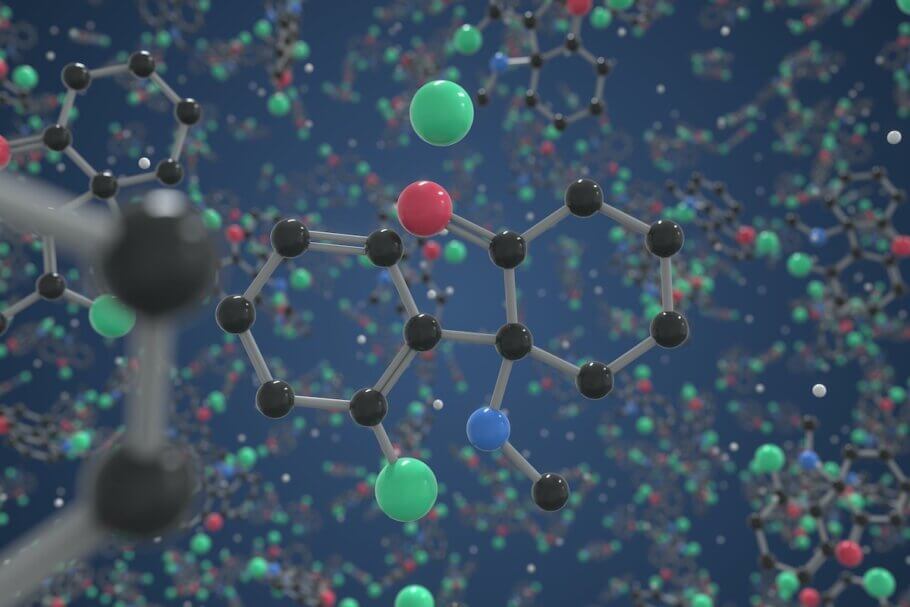
At the Clínica Synaptica they specialize in what is known as major depression. "Patients are considered to have a major depressive disorder, as opposed to conventional depression, when, despite trying at least two antidepressant treatments, administered in the appropriate doses for an adequate time, they have not responded to treatment," explained clinic coordinator Òscar Parés.
There have been no major pharmaceutical innovations for depression since the launch of Prozac and related antidepressants in the late 1980s. This is where ketamine comes in: "Psychedelics come in to deal with a crisis that existed in psychopharmacology, because mental health drugs, from barbiturates to anxiolytics, have not evolved since they were invented almost half a century ago," he says.
How does ketamine therapy work?
Unlike traditional antidepressants, which target the brain's serotonin systems, and often take weeks or months to take effect, ketamine targets the neurotransmitter glutamate, the most common chemical messenger, regulating much of the nervous system and also playing an important role in the brain's response to experiences. This particularity allows it to produce its effects faster.
In fact, neuroimaging studies have shown that ketamine augments the release of glutamate in the brain's prefrontal cortex, an increase that is likely associated with its rapid antidepressant effects as well as its dissociative side effects. "Multiple scientific studies have shown that if a person responds to ketamine, it can rapidly reduce suicidal ideation and alleviate other severe symptoms of depression in as little as a few hours."
There is also growing support for the use of ketamine to treat pathologies such as anxiety and Post-Traumatic Stress Disorder (PTSD). "We have every intention of learning and being able to employ all the scientific evidence available. While studies are now starting to show that ketamine is very good for treating alcoholism, and even other addiction disorders, we want to go slowly and focus on the treatment of major depression," says Oscar Parés.
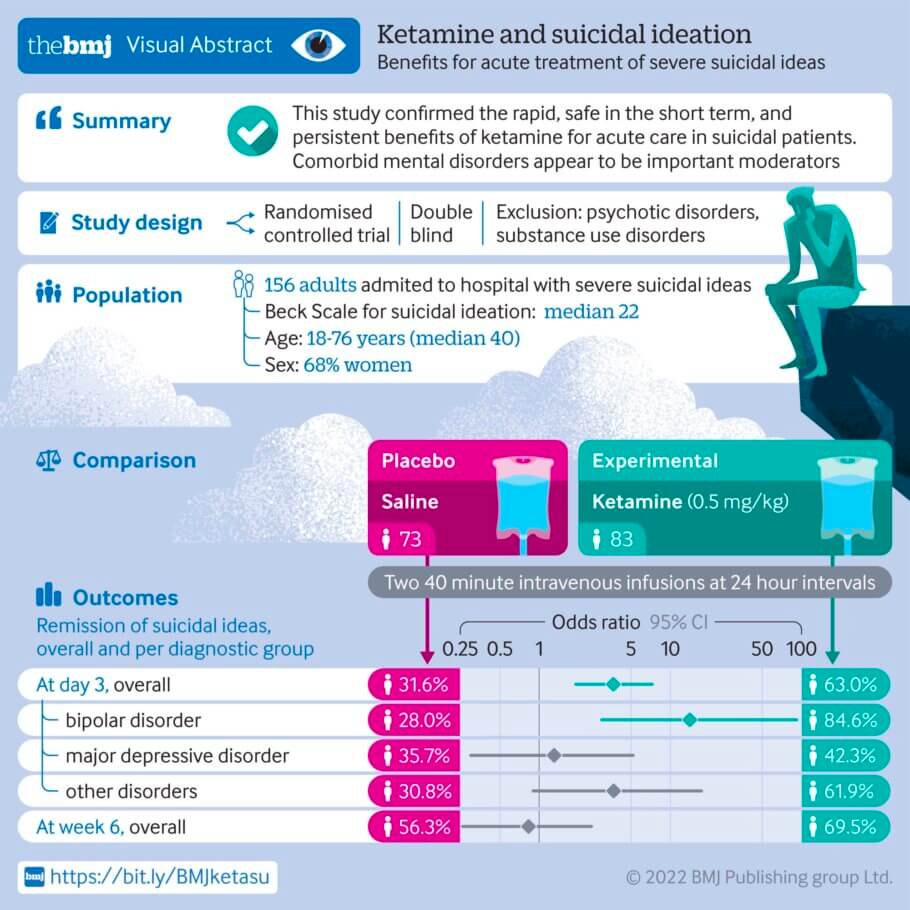
Therapy with psychedelics, a new paradigm in mental health
Although ketamine has a clear pharmacological effect in reducing the symptoms associated with depression, "the psychological material that emerges during the experience is of great interest for psychotherapeutic work". Therefore, at the Clínica Synaptica they are taking advantage of ketamine’s pharmacological effect to work with the emerging psychological material and enhance its ultimate benefits.
Thus, ketamine enters fully into the field of psychedelic therapy, a new paradigm in mental health because it combines pharmacotherapy, involving the beneficial effect of the drug on the biochemical mechanisms responsible for the disorder, and psychotherapy, because it works with the emergent material that arises during the experience, which also has a therapeutic effect in itself.
"Doctors, during their training, are not taught to work with hallucinations or to consider the parts of the therapeutic process, but rather the opposite: when someone arrives with an intoxication, that is, when someone arrives suffering from an overdose of psychedelics, the first thing they do to you is to pump your stomach, or give you antipsychotics. That is, what modern medicine does is to prevent side effects".
The big difference that we bring is that we approach the psychological effect as part of the process; that is, those psychedelic experiences that the person has under the effects of ketamine are considered part of their clinical and therapeutic process.
How ketamine is administered to treat depression
There are two main types of ketamine currently indicated for treatment-resistant depression: racemic ketamine (containing both isomers of ketamine), which is the one used at the Clínica Synaptica; and S-ketamine or esketamine (an isomer of ketamine). The former is administered through the bloodstream. "We use intramuscular ketamine by injection, with a dose that varies depending on the patient's pathology, always at safety thresholds, going from less to more to adjust the dose to what each person needs".
The second type is known as esketamine or S-ketamine (whose brand name corresponds to Spravato), a fast-acting nasal spray. In March of 2019 Spravato was approved by the U.S. FDA for the treatment of depression in adults who have tried other antidepressant medications but have not benefited from them. Since then Johnson & Johnson Pharmaceuticals, the owner of Spravato, has touted esketamine as the first new drug treatment approved for depression in decades.
In 2021 ketamine became a drug authorized by the European Medicines Agency for the treatment of depression. Therefore, "it can be prescribed today at any hospital or by any psychiatrist. However, this drug, Spravato, has a price of around €700-800, and does not even last for two treatments, so it is not accessible by a large number of people, or the Health System has not fully incorporated it, though we do know that it is being administered at some hospitals", says Òscar Parés.
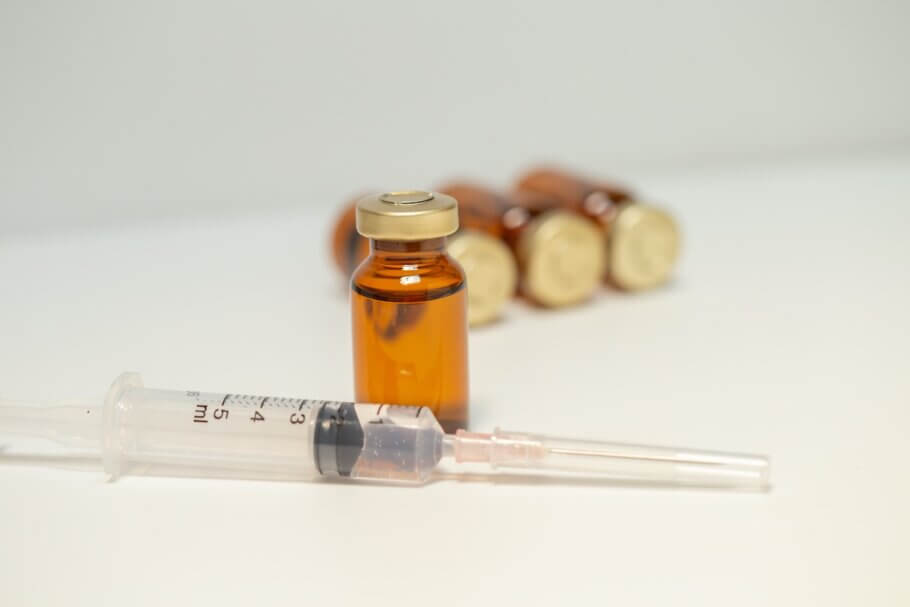
Racemic ketamine has consistently been shown to be more effective and has yielded a higher rate of disease remission with a lower treatment dropout rate than S-ketamine. "The antidepressant effect begins 4 hours after administration, peaks at 24 hours, and is maintained for the next 7 days, when it begins to wear off. Hence the need for repeated administration over several weeks and the need for supplementation psychotherapy, in order to enhance the antidepressant effect, prolonging it over time".
There is also no standard protocol for ketamine treatment. The optimal dosage, duration of treatment, methods of maintaining the positive effects of the substance, and type of aftercare have not yet been officially established.
The dosage varies and depends on the patient's pathology, going from less to more to fine-tune the dosage. It is not the same for someone who weighs 50 kilos as for someone who has been taking medication for 30 years. We start from the existing studies on dosage, though we can adjust it to the needs of the person according to his evolution.
The safety of ketamine
Ketamine is a very safe drug, as demonstrated by its routine usage in anesthetic medicine. Moreover, the doses of ketamine used in the treatment of chronic pain and depression are significantly lower than those used in anesthesia. In fact, according to the World Health Organization (WHO), ketamine is listed as an essential drug, which means that it must be available at all times in quantities adequate for medical care needs.
Ketamine is considered extremely safe because, unlike other anesthetic agents, it does not depress respiration or blood pressure. It was added to the WHO Model List of Essential Medicines, and has been maintained since 1985. It can also be found on the Model List of Essential Medicines for Children, and is the most commonly used anesthetic in veterinary surgery. "This reputation as a safe anesthetic has helped ketamine surpass, for example, psilocybin, another hallucinogenic compound that can have the same effects and is much less well regarded in conventional medical or pharmaceutical terms."
In addition, ketamine therapy does not require a supply of electricity, oxygen, highly trained personnel, or monitoring systems for its administration. As a result of these factors, in 2015 the WHO Expert Committee on Drug Dependence recommended, for the fourth time, that ketamine should not be controlled under international drug control conventions because of its essential role in surgery in resource-poor countries, disasters and conflict zones. "Ketamine remains the most widely used anesthetic in the most impoverished countries because of its ease of use without the need for associated technology, such as ventilators," Òscar noted.
Proponents of the use of ketamine to treat chronic pain, PTSD, anxiety and depression also argue that when a physician administers the substance in an appropriate dose in a clinical setting, the risk of abuse or addiction is significantly reduced.
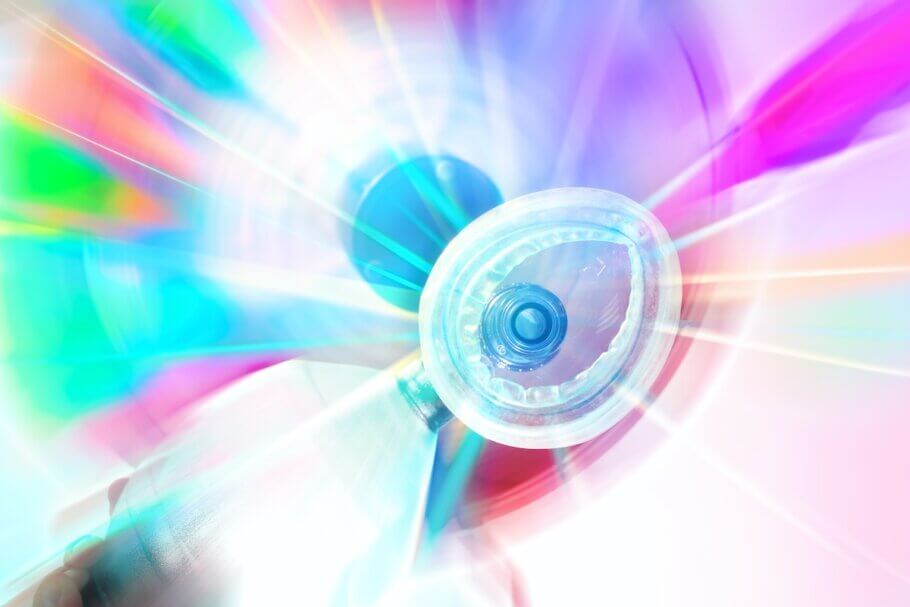
Looking ahead with optimism
Although it is a drug that is legal, the bureaucratic process to obtain the permits to open the Clínica Synaptic has been extremely slow. "There may have been other reasons for this delay. But, for example, it would have taken us the same time to open a dental clinic. Even so, we are very excited about this paradigm shift with respect to ketamine, as we are confident in the potential of this substance for the treatment of mental health and wellbeing. Being pioneers in Catalonia in this field is a source of pride for our team," concluded Parés.
The medical and pharmaceutical communities will continue to evaluate the risks and benefits associated with this rapidly expanding treatment. Therefore, for any business like a ketamine mental health clinic, it is important to stay abreast of the latest scientific advances and best practices to understand the appropriate uses of the drug and the protocols for administering it.
As the therapeutic use of ketamine increases, to treat not only depression, but possibly other mental health conditions, and pain, as well, regulations surrounding this compound are likely to evolve. In any case, for those who have been suffering from chronic depression for a long time, and have not found a solution, access to this new treatment may be a lifesaver.








